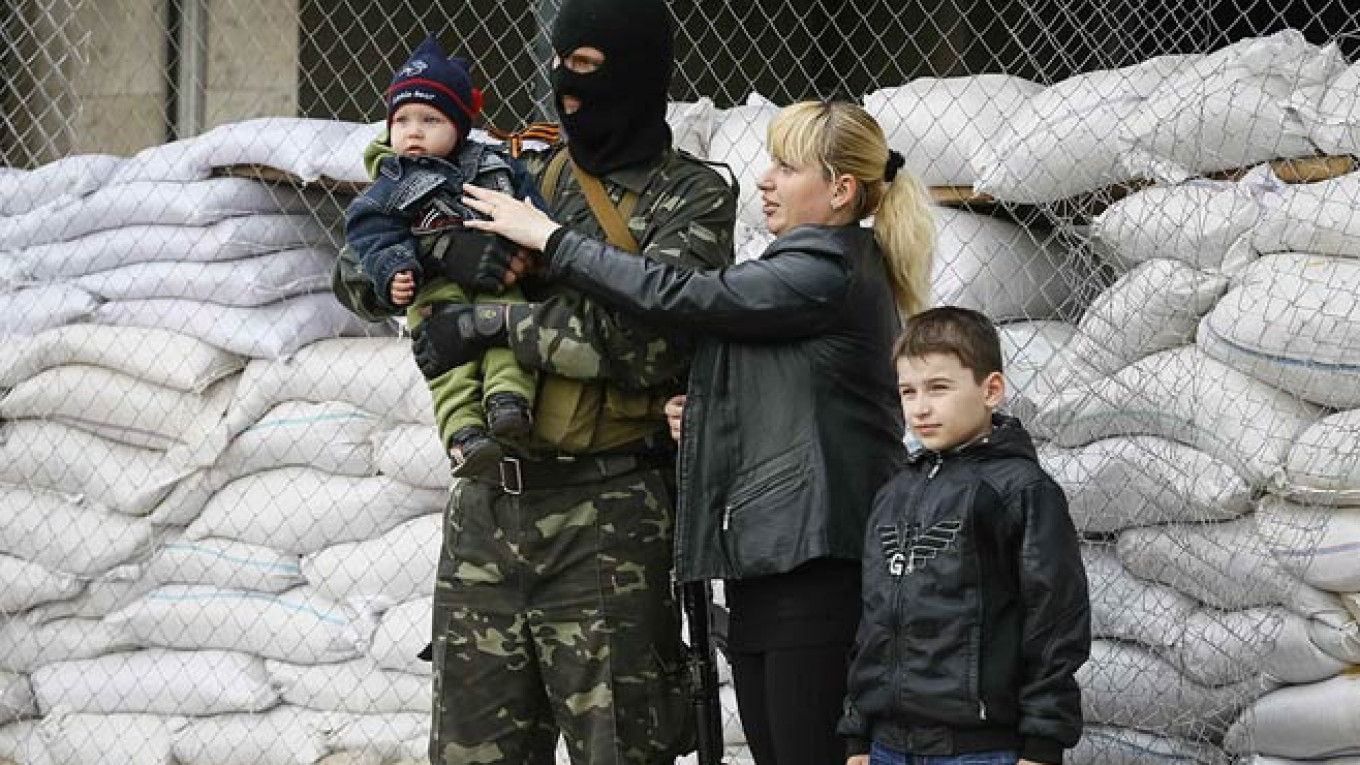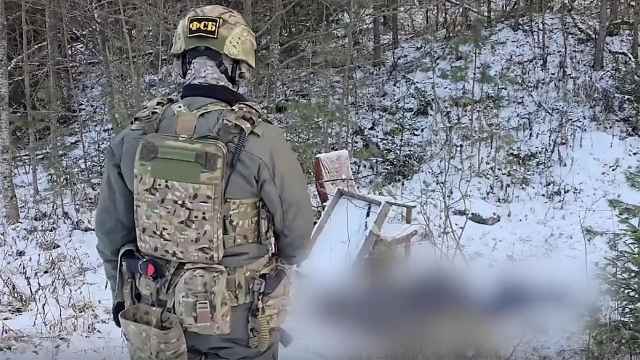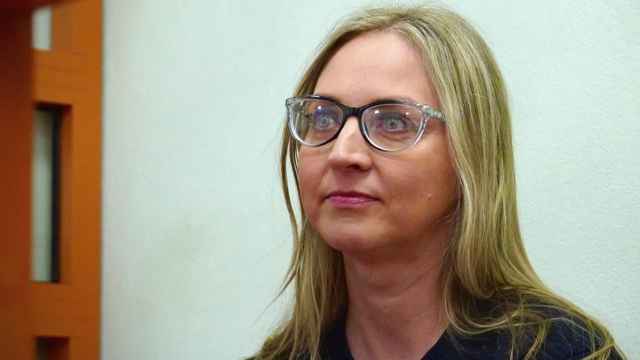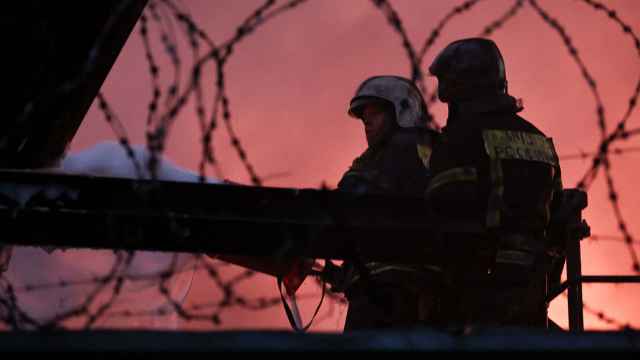A mediator from Europe's OSCE security body headed to eastern Ukraine on Saturday seeking the surrender of pro-Russian separatists as the Kiev government declared an Easter truce following a peace accord with Moscow.
Gunmen occupying public buildings in Donetsk and other Russian-speaking border towns refused to recognize an accord in Geneva on Thursday by which Russia, Ukraine and Kiev's U.S. and European Union allies agreed that the OSCE should oversee the disarmament of militants and the evacuation of occupied facilities and streets.
The coming days may determine whether unrest following the overthrow of Ukraine's pro-Moscow president can be contained.
Russia, which annexed Crimea last month in the worst East-West crisis since the Cold War, denies running the separatists or planning to invade. Western powers threatened more economic sanctions if Moscow does not prevail on the militants to surrender.
Ertogrul Apakan, who heads the special mission in Kiev of the Organization for Security and Cooperation in Europe, said his deputy would be in Donetsk on Saturday and meet separatist leaders by Sunday to see if they will comply with the agreement.
After a meeting in the Ukrainian capital with diplomats from the four parties to the Geneva accord, Swiss envoy Christian Schoenenberger, whose country is chair of the OSCE, said its monitors had spoken to several activists: "For the time being the political will is not there to move out," he said.
"That is the task of the monitors, to create this political will, inform the people, so eventually they will understand that the best option for them is to move out," he told reporters.
Ukrainian Foreign Minister Andriy Deshchytsia, who warned on Friday of "more concrete actions" to end the stand off if there were no movement over the Easter weekend, said after the meeting that the senior OSCE officials and the local authorities in the east would "work out practical steps for the implementation of the Geneva agreement in the course of the next day or two."
In Donetsk, separatist leaders renewed calls for a referendum that could see Ukraine's industrial heartland annexed by Russia. A poll by an institute in Kiev, however, suggested a majority does not favor rule from Moscow, despite widespread suspicion among Russian speakers of the new leadership in Kiev.
After weeks of bitter mutual recriminations, President Vladimir Putin held out the prospect of better relations with the West on Saturday but the president made clear it would depend on concessions from his adversaries in the crisis over Ukraine.
"I think there is nothing that would hinder a normalization and normal cooperation," he said in an interview to be broadcast by Russian state television in which he commented favorably on the appointment of a new head of NATO. "This does not depend on us. Or rather not only on us. This depends on our partners."
He did not spell out what he hoped the West would do. Russia has long complained about NATO's extension of membership to Moscow's Cold War satellites in eastern Europe and deepening ties to ex-Soviet states like Georgia, Moldova and Ukraine is part of an aggressive policy to undermine it.
Years of Western disdain for Russia's struggles with the legacy of the communist collapse also lie behind Putin's demands — hugely popular at home — that Moscow be treated with respect. His spokesman hit back on Friday at threats of sanctions from Washington, saying it treated Russia like a "guilty schoolboy."
Massive unknowns hang over the situation. Putin's ultimate goal may not be the Crimean-style annexation of Ukraine's industrial heartland, despite his comments in a major public appearance on Thursday in which he recalled that what is now eastern and southern Ukraine was the tsars' "New Russia."
Many analysts believe Putin is mainly seeking to influence events in Ukraine and ensure a favorable outcome in next month's election following the loss of Russian ally Yanukovych.
That in turn raises questions of the role of Ukraine's rich business "oligarchs" in the crisis and the election.
Conspiracy theories abound in Kiev, according to which the rich and powerful may be fomenting unrest behind the scenes to further their own ends or to curry favor with Putin, who holds sway over the Russian business interests of Ukrainian tycoons.
A Message from The Moscow Times:
Dear readers,
We are facing unprecedented challenges. Russia's Prosecutor General's Office has designated The Moscow Times as an "undesirable" organization, criminalizing our work and putting our staff at risk of prosecution. This follows our earlier unjust labeling as a "foreign agent."
These actions are direct attempts to silence independent journalism in Russia. The authorities claim our work "discredits the decisions of the Russian leadership." We see things differently: we strive to provide accurate, unbiased reporting on Russia.
We, the journalists of The Moscow Times, refuse to be silenced. But to continue our work, we need your help.
Your support, no matter how small, makes a world of difference. If you can, please support us monthly starting from just $2. It's quick to set up, and every contribution makes a significant impact.
By supporting The Moscow Times, you're defending open, independent journalism in the face of repression. Thank you for standing with us.
Remind me later.






